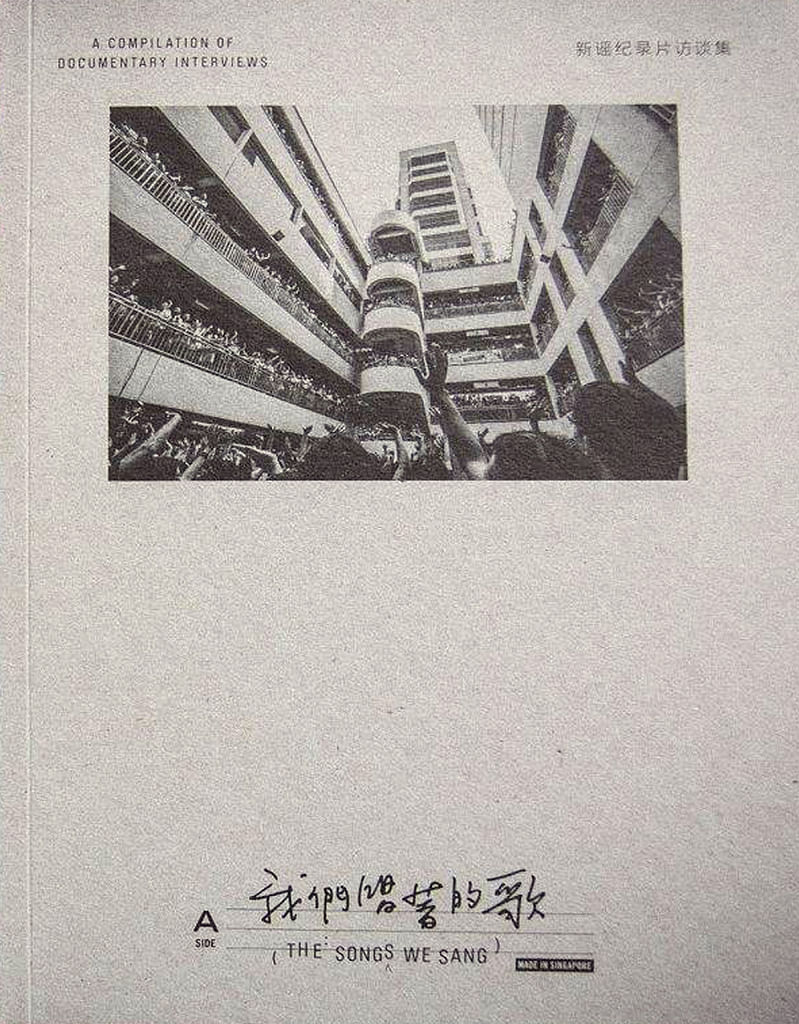In 1989, music producer Billy Koh was looking for someone to sing Count On Me, Singapore for the Sing Singapore album, when a teenager was brought to his attention.
A little plump and with slight buck teeth, she sounded like 1980s pop music queen Sheena Easton, he said. She told him she wanted to release an album of her own English songs, but Koh produced Mandarin albums.
By 1992, the student at the then Lasalle-SIA College of the Arts told him she was open to recording Mandarin songs. She signed on with record company Ocean Butterflies, of which Koh was a co-founder. In 1993, she released her first song, Do Not Destroy The Harmony. It became an instant hit and got her noticed by Taiwan recording firms.
The singer was Kit Chan, one of Singapore's biggest Mandarin pop stars in the 1990s and noughties.
The story of how she got her start is included in a new book about xinyao, a home-grown Mandarin folk-song movement that paved the way for Mandopop stars such as Chan, JJ Lin and Stefanie Sun.
Titled The Songs We Sang, the book is spun off from the wellreceived xinyao documentary of the same name by Singapore film- maker Eva Tang, which premiered in end-2015.

The tome, which is in Chinese, includes interviews with key figures of the xinyao movement, such as singer-songwriter Liang Wern Fook and singer Koh Nam Seng, old photos and handwritten scores of some early xinyao songs.
Director Tang said the idea for the book came from Mr Toh Lam Huat, a former Chinese newspaper editor who was also one of the interviewees for the documentary.
She wanted to compile in-depth interviews with xinyao pioneers in a book that could serve as reference material for scholars or as a collectible for fans.
Mr Toh said it would also be a good follow-up to her documentary, which was shown to full houses at the Esplanade, Capitol Theatre and the National Museum.
In Singapore, it had a run of six weeks at Golden Village cinemas and a five-month run over weekends at indie cinema The Projector. Overseas, it has been screened in cities from Taipei to Yogyakarta.
The No. 1 question that Tang is asked is whether there will be a DVD version. The answer is yes, but this is still in the works.
The second most common question is from those in schools, who ask if they can watch the film for research purposes.
"Hopefully, with the publication, they can find more useful information that helps with their research," she said. She was chief editor of a team of co-editors for the book.
She added: "I am clearly not a historian, researcher or archivist, but as a storyteller, I hope these personal, intimate and honest accounts can help us to understand that history is composed of many intertwining human stories."
A thousand copies of the 384- page book, which is supported by the Singapore Hokkien Huay Kuan and National Heritage Board, have been printed.
Half of these will be distributed to schools and libraries, 150 given to supporters and interviewees and the remaining 350 will go on sale.
•The book ($60) is available at City Book Room and Grassroots Book Room, and will be available at Gallery & Co soon.


